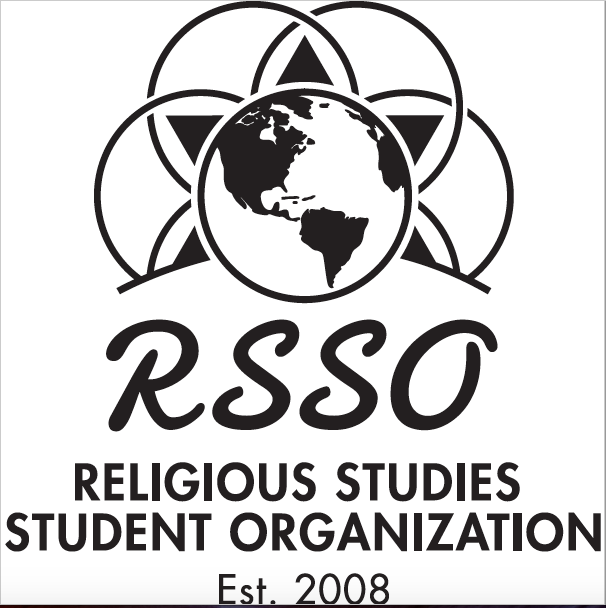The Struggle for Power: Anti-Communism & Islam in Iran 1950-1979
Moderator
Dr. Neil Pease
Location
University of Wisconsin – Milwaukee
Start Date
28-5-2015 11:30 AM
End Date
28-5-2015 12:30 PM
Abstract
The period beginning with Muhammad Mosaddeq’s premiership in Iran from 1950 through the revolution in 1979 was characterized by anticommunist policies enacted by Muhammad Reza Shah, and imposed by the United States and Great Britain. The absence of an influential political left aided in the rise of Islamic fundamentalism, which, by 1977, had become the dominant political power. I will investigate to what extent the coup that deposed Mosaddeq was grounded in anticommunism, both in the Iranian people who helped depose him and in the United States’/Britain’s orchestration of it. Historians have mostly focused on Iran’s value to Britain because of its oil, but remain strangely silent regarding Iran’s proximity and possible value to the Soviet Union, which I will investigate further. In the United States, Eisenhower believed that Mosaddeq’s government was susceptible to communist takeover despite his distaste for communism. However, the economic ramifications of nationalized Iranian oil likely played a stronger role in U.S. involvement.
In 1953, Islam played a role both for and against the coup, illustrating the fractured nature of its involvement in politics at this time. However, the complete suppression of the Tudeh party and other leftist groups, coupled with the Shah’s glorification of pre-Islamic Iran gained popular support for a return to an Islamic based state. By 1977, the political attitude of the ulama solidified as decisively anti-Shah, and within two years resulted in the Islamic Revolution. Historians debate how the trends of anticommunism and Islam are interrelated, which is to be a primary inquiry of this paper. Some, like Misagh Parsa in Social Origins of the Iranian Revolution, argue that Islamic fundamentalism was a function of anticommunism; the greater the governmental suppression of the left, the greater the influence enjoyed by Islamic fundamentalists like Khomeini. Others argue that the anti-communistic policies of Britain and the United States created an anti-western sentiment in the Iranian population. Viewing the Shah as a western collaborator, anti-Shah sentiment increased and his glorification of pre-Islamic Iran was a call to arms that led to the Islamic Revolution of 1979.
The Struggle for Power: Anti-Communism & Islam in Iran 1950-1979
University of Wisconsin – Milwaukee
The period beginning with Muhammad Mosaddeq’s premiership in Iran from 1950 through the revolution in 1979 was characterized by anticommunist policies enacted by Muhammad Reza Shah, and imposed by the United States and Great Britain. The absence of an influential political left aided in the rise of Islamic fundamentalism, which, by 1977, had become the dominant political power. I will investigate to what extent the coup that deposed Mosaddeq was grounded in anticommunism, both in the Iranian people who helped depose him and in the United States’/Britain’s orchestration of it. Historians have mostly focused on Iran’s value to Britain because of its oil, but remain strangely silent regarding Iran’s proximity and possible value to the Soviet Union, which I will investigate further. In the United States, Eisenhower believed that Mosaddeq’s government was susceptible to communist takeover despite his distaste for communism. However, the economic ramifications of nationalized Iranian oil likely played a stronger role in U.S. involvement.
In 1953, Islam played a role both for and against the coup, illustrating the fractured nature of its involvement in politics at this time. However, the complete suppression of the Tudeh party and other leftist groups, coupled with the Shah’s glorification of pre-Islamic Iran gained popular support for a return to an Islamic based state. By 1977, the political attitude of the ulama solidified as decisively anti-Shah, and within two years resulted in the Islamic Revolution. Historians debate how the trends of anticommunism and Islam are interrelated, which is to be a primary inquiry of this paper. Some, like Misagh Parsa in Social Origins of the Iranian Revolution, argue that Islamic fundamentalism was a function of anticommunism; the greater the governmental suppression of the left, the greater the influence enjoyed by Islamic fundamentalists like Khomeini. Others argue that the anti-communistic policies of Britain and the United States created an anti-western sentiment in the Iranian population. Viewing the Shah as a western collaborator, anti-Shah sentiment increased and his glorification of pre-Islamic Iran was a call to arms that led to the Islamic Revolution of 1979.

